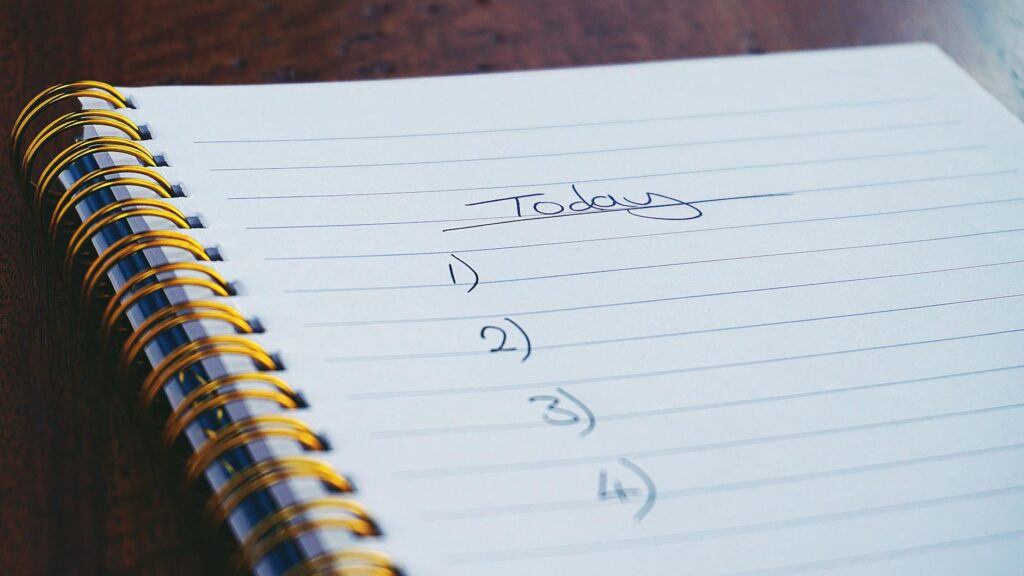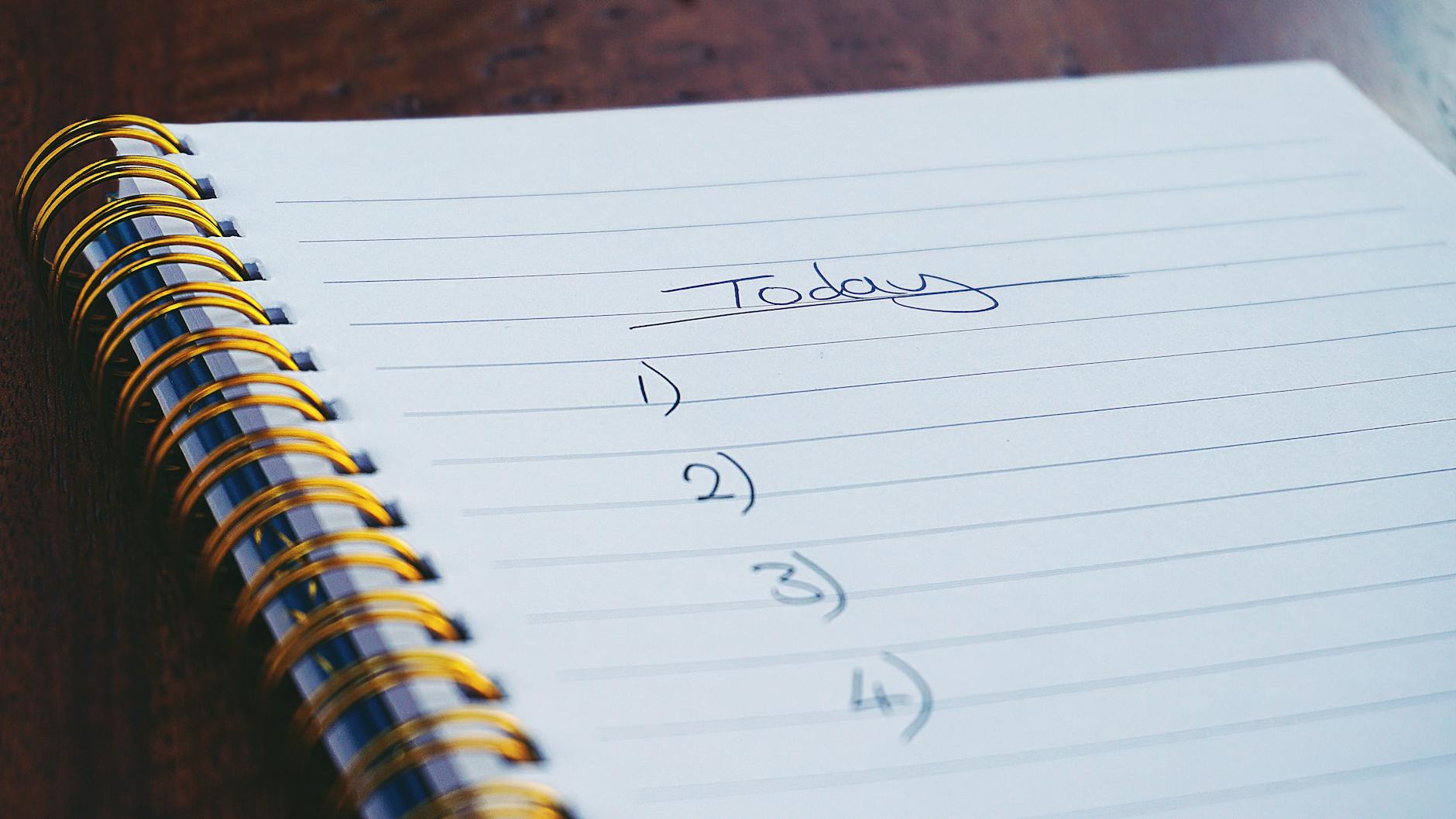What is personal efficiency?

What is personal efficiency?
In today’s fast-paced world, the concept of personal efficiency has taken center stage. We all juggle multiple responsibilities, both at work and home, striving for that elusive balance between productivity and relaxation. Personal efficiency refers to the ability to accomplish tasks with minimal wasted effort or expense. It’s not just about working harder; it’s about working smarter. Understanding and improving personal efficiency can significantly enhance your work-life balance and overall productivity.
Understanding Personal Efficiency
Definition of Personal Efficiency
At its core, personal efficiency is the effective and efficient use of one’s time and resources. It encompasses how well you can manage your tasks, prioritize responsibilities, and achieve your goals without feeling overwhelmed. This approach not only boosts your productivity but also allows for a more satisfying life experience. By employing efficiency strategies, you can make the most of your available time and energy, leading to better results in both your personal and professional life.
Components of Personal Efficiency
Several key components contribute to personal efficiency:
-
Time Management: This involves planning and exercising conscious control over the amount of time spent on specific activities. Effective time management enables you to work smarter rather than harder, which is essential for maintaining a healthy work-life balance.
-
Organization: Being organized means having a systematic approach to tasks and responsibilities. It helps reduce chaos and allows you to focus on what truly matters.
-
Prioritization: Not all tasks are created equal. Understanding which tasks have the highest value and focusing on those first can drastically increase your efficiency. This is where tools like the Eisenhower Matrix can be particularly useful.
By honing these components, individuals can create a solid foundation for improving their personal efficiency.
Techniques to Enhance Personal Efficiency
Time Management Strategies
Effective time management is crucial for personal efficiency. Here are some proven strategies to consider:
-
Pomodoro Technique: This method involves working in short bursts (usually 25 minutes) followed by a 5-minute break. After four sessions, you take a longer break. This not only keeps your mind fresh but also enhances focus.
-
Eisenhower Matrix: This tool helps you prioritize tasks based on urgency and importance, ensuring you tackle what truly matters first.
-
Time Blocking: Allocate specific blocks of time for different tasks or projects. This method fosters deeper focus and reduces the tendency to multitask, which can often lead to decreased productivity.
For more detailed strategies, check out this article on time management strategies.
Setting SMART Goals
Setting specific, measurable, achievable, relevant, and time-bound (SMART) goals can provide clarity and direction in your personal efficiency journey. By defining clear goals, you create a roadmap for your tasks and can measure your progress effectively. For instance, instead of saying, “I want to be more organized,” a SMART goal would be, “I will organize my workspace by the end of this week.”
Eliminating Distractions
Distractions can derail even the best-laid plans. To enhance focus, consider these tips:
-
Identify Your Distractions: Take note of what typically distracts you. Is it social media, noisy environments, or something else?
-
Create a Distraction-Free Zone: Designate a specific area for work where you minimize distractions. This could mean silencing your phone or using apps that block distracting websites.
-
Use Scheduled Breaks: Allowing yourself brief breaks can help maintain focus over longer periods. Just ensure these breaks don’t extend indefinitely!
The Role of Technology in Personal Efficiency
In our digital age, technology can be a double-edged sword. However, when used wisely, it can significantly boost personal efficiency.
Productivity Apps
There are numerous productivity apps designed to help you manage tasks and time effectively. Some popular options include:
-
Todoist: A simple yet powerful task manager that helps you keep track of tasks across multiple platforms.
-
Trello: This app allows you to create boards for different projects, making it easy to visualize your tasks and their statuses.
-
Notion: A versatile tool that combines note-taking, task management, and organization all in one space.
Automation Tools
Automation tools can transform your efficiency by handling repetitive tasks. For example, apps like Zapier or IFTTT can automate actions between different platforms. This means less time spent on mundane tasks and more time to focus on what really matters.
Measuring Your Personal Efficiency
Key Metrics for Evaluation
To assess your personal efficiency, you should track specific metrics. Some of these include:
-
Task Completion Rates: Measure how many tasks you complete within a specified time frame.
-
Time Usage: Analyze where your time goes. Are you spending too much on low-priority tasks?
-
Goal Progress: Regularly check how far along you are in achieving your SMART goals.
Reflecting on Personal Development
Personal efficiency isn’t a one-time fix but a continuous journey. Regularly reflecting on your efficiency techniques can provide valuable insights. Ask yourself: What worked well? What didn’t? Adjust your strategies accordingly to maintain and improve your efficiency over time.
Conclusion
Enhancing personal efficiency is key to improving productivity and achieving a better work-life balance. By understanding its components and applying practical techniques, you can work smarter, not harder. Embrace tools and strategies that fit your lifestyle, and don’t hesitate to refine your approach as you grow. Remember, it’s about making the most of your time and resources, allowing you to focus on what truly matters in your life. Start implementing these techniques today and witness the positive changes in your personal and professional journey.

Photo by Suzy Hazelwood